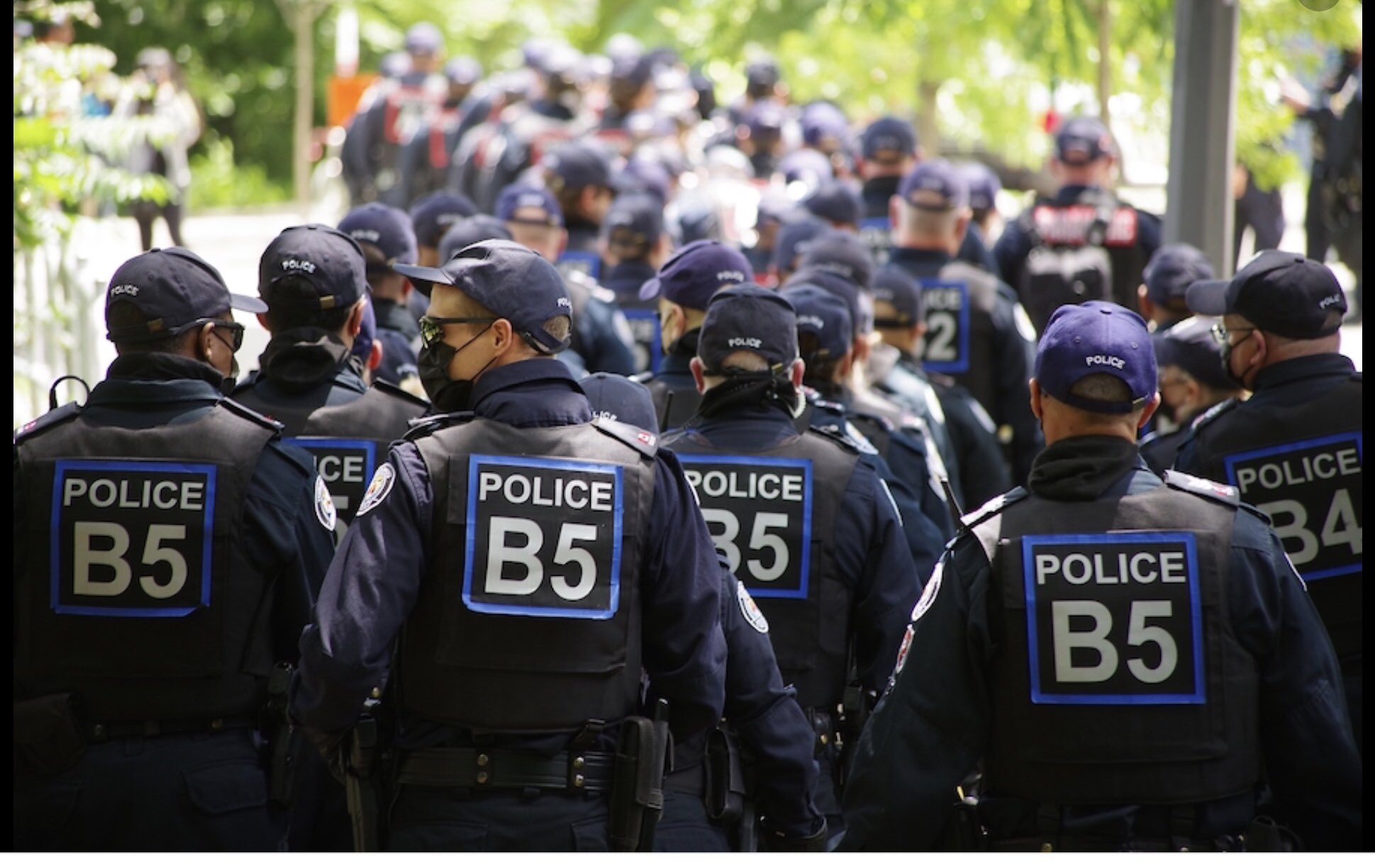Our criminal justice system is a sordid reminder of this. While all people of colour are at risk of racial profiling, statistics show that Black and Indigenous people bear the greatest risk. Statistics also indicate that no other racialized group experiences the same level of threat of being killed by a police officer as is experienced by Black and Indigenous people in Canada.
Outcomes matter; differential outcomes matter more.
This is why the Ontario government’s new bail directive, announced last week, is so troubling. It purportedly aims to diminish the alarmingly high number of legally innocent Ontarians who remain in in provincial jails despite not having been convicted of a crime. However, it actively ignores one of the biggest parts of this problem: African Canadians make up a disproportionately large number of Ontario’s legally innocent yet incarcerated civilians.
Only a week and a half before the announcement of the new bail directive, Reuters revealed that in Ontario from 2011 to 2016, Black people spent longer in pre-trial custody, on average, than white people who had been charged with the same offence. The data was acquired from the province through access-to-information requests.
Despite the overrepresentation of Blacks in pre-trial custody in the majority of categories of crime (from impaired driving to murder), Ontario’s new bail directive offers no mention of African Canadians. This is disturbing given the presence of clear evidence that indicates that prosecutors should exercise their discretion with greater care and equitable consideration for African Canadians in remand.
The directive’s conspicuous silence suggests something quite sinister and morally suspect that calls into question our government and society’s social conscience. It suggests that the dramatic overrepresentation of Blacks in pre-trial custody isn’t a problem to be correctively addressed with urgency, but rather a natural occurrence to be accepted with complacency. This is a textbook expression of systemic anti-Black racism within Ontario’s criminal justice system. It poses a serious threat to the principles of equality, multiculturalism and liberal democracy that we profess as a country.
The ministry’s new policy of wilful blindness to this particularly stark expression of racial disparity ultimately serves to suggest that while the province believes that all civilians should be treated as innocent until proven guilty, African Canadians are somehow inherently less innocent and more guilty than everyone else charged with a criminal offence. This logic justifies and gives legitimacy to the racist view that Blacks, because of their supposed predisposition to crime and violence or presumed higher involvement in criminal activity, belong in remand for longer and in far greater numbers than they represent in the general population.
This is what the criminalization of African Canadians looks like.
Though the new bail directive rightfully advises Crown prosecutors to “recognize the circumstances of vulnerable and disadvantaged accused, including racialized populations,” this is simply not enough. To address the specific harms being done to African Canadians, a truly progressive, credible and sustainable bail directive must explicitly acknowledge and particularize the problem without suggesting that all racialized people are impacted equally by Ontario’s bail system. In other words, the new directive should have called on prosecutors to exercise their discretion in a way that considers anti-Black racism, the socioeconomic disadvantages faced by African Canadians, and their chronic overrepresentation in our criminal justice system.
To use an analogy, a more particularized approach marks the difference between giving shoes to a bunch of children and giving each of them a pair of shoes that fit.
Just as the Ministry of the Attorney General instructs Crown prosecutors to consider the unique circumstances of Indigenous accused, it must direct prosecutors to give the same compassionate but balanced consideration to the unique circumstances of African Canadians. This is not because the histories and ongoing legacies of anti-Indigenous and anti-Black racism and colonialism are exactly the same, but because it is impossible to remedy a systemic injustice that no one wants to name.
An oft-cited quote by the late African American writer James Baldwin reads: “Not everything that is faced can be changed, but nothing can be changed until it is faced.”
Facing change doesn’t end with Ontario disclosing its data on racial disparity. It starts with specific and particularized directives aimed at closing the colour-coded gaps that the data reveals.




